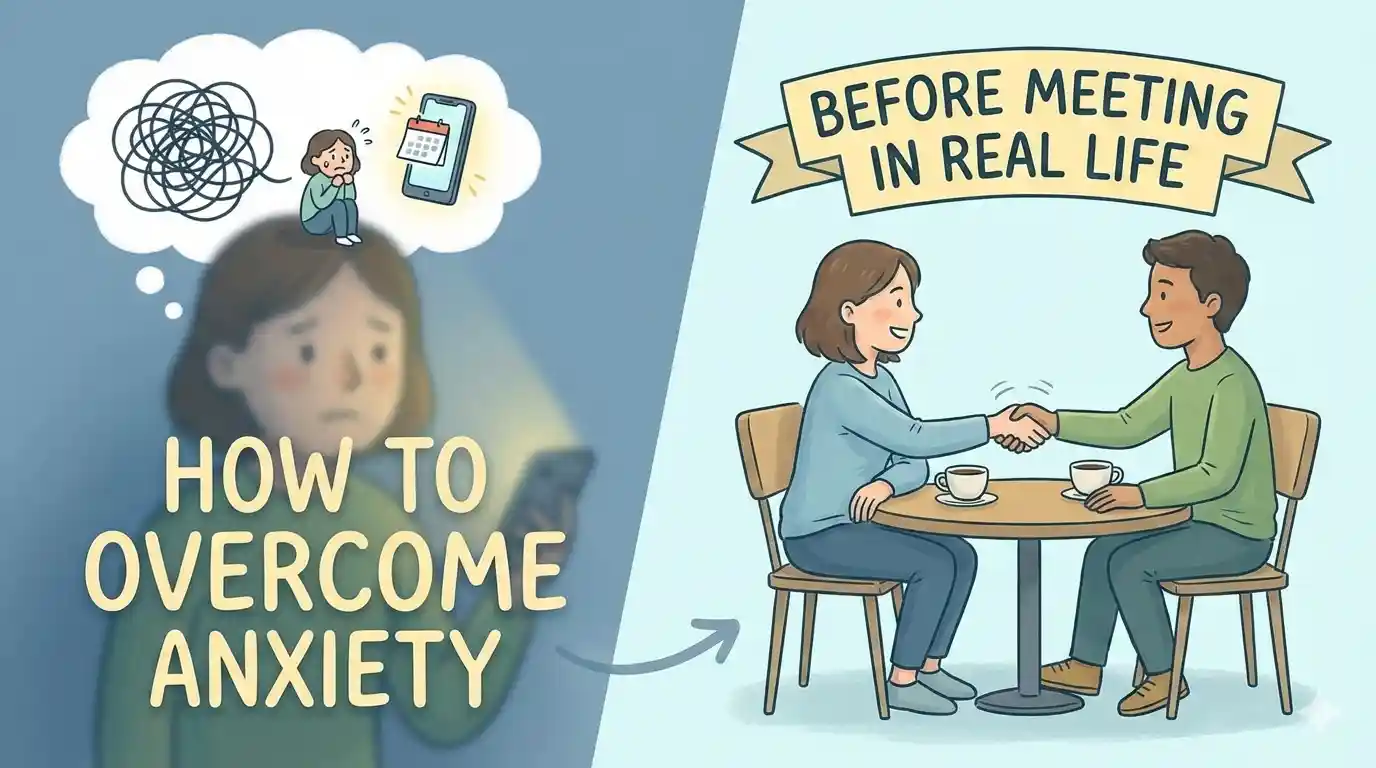Casinos have always been more than just places to gamble. They are carefully designed environments, engineered to keep players engaged, entertained, and, ideally, spending money. From the arrangement of slot machines on the floor to the absence of clocks and windows, casinos rely heavily on psychological techniques to extend playing time and maximize profits.
With the rise of online gambling, these strategies have become even more sophisticated, leveraging digital design, sounds, and notifications to influence behavior. Regulators across the globe are aware of these methods, and some have taken steps to limit their impact. But the question remains: can regulation truly stop casinos—whether physical or online—from using psychological tricks on players?
The Psychology Behind Casino Design
Casinos, both land-based and online, rely on principles of behavioral psychology to encourage longer play sessions. Slot machines, for example, are deliberately built with bright lights, engaging sounds, and frequent small wins to trigger dopamine responses in the brain. These techniques are known as “reinforcement schedules,” where rewards are unpredictable enough to keep players hooked.
Online platforms take this further by incorporating gamification elements such as progress bars, achievement badges, and daily login rewards. These subtle nudges encourage players to return frequently and invest more time in the platform. Without oversight, such tactics can easily cross the line from entertainment into exploitation.
Why Regulation Matters
Regulation exists to protect players from unfair practices and gambling-related harm. In countries like the UK, licensing authorities such as the Gambling Commission enforce rules on transparency, advertising, and responsible gambling tools. These include mandatory self-exclusion programs, spending limits, and clear disclosure of odds.
But regulation faces challenges. Casinos argue that many of their design choices are part of the entertainment value. After all, bright lights and celebratory sounds are also what make winning fun. Striking a balance between safeguarding players and maintaining engaging gameplay is at the heart of the debate.
The issue is even more complex as new operators emerge. Many new slot sites 2025 uk are entering the market, each trying to stand out with creative designs and bonuses. Regulators must decide how much innovation to allow while ensuring that players are not misled or manipulated by overly aggressive tactics.
Can Regulations Address Psychological Tricks?
One of the biggest challenges is that psychological influence isn’t always easy to define or measure. It’s relatively straightforward to regulate bonus terms or payout percentages because those are numerical. But how do you regulate the use of color, sound, or game pacing without fundamentally altering the industry?
Some regulators have experimented with bans on certain features. For instance, autoplay functions that allow players to spin repeatedly without interaction have been restricted in some markets. Similarly, speed limits on spins and the removal of “celebratory” sounds for losing outcomes disguised as wins have been enforced. These interventions aim to break the illusion that players are winning more often than they really are.
Still, casinos continue to innovate, often finding new ways to present excitement without violating specific rules. This cat-and-mouse dynamic shows that while regulation can limit the most harmful practices, it may never fully eliminate the use of psychological design.
The Role of Transparency and Education
One promising area of regulation is transparency. By requiring casinos to display clear odds, real-time spending trackers, and reminders of session length, regulators empower players to make more informed decisions.
Education also plays a critical role. If players understand the psychological tricks at work—why the machine lights up when you win a small amount, or why online platforms send timed “bonus offers”—they are less likely to fall for them. Some responsible gambling advocates argue that teaching players how these systems work is just as important as banning features outright.
Technology as Both the Problem and the Solution
The same technology that enables casinos to engage players can also be used to protect them. Artificial intelligence and data tracking can detect risky patterns of play, such as chasing losses or rapid deposit increases, and trigger interventions. Some regulators already require operators to flag at-risk players and offer support or temporary restrictions.
In the future, regulation may evolve from banning specific features to mandating proactive monitoring of player behavior. This approach acknowledges that psychological tricks will always exist, but their impact can be reduced by responsible oversight.
Industry Resistance and Innovation
It’s worth noting that regulation often faces resistance from the gambling industry. Operators argue that too much restriction stifles innovation and makes their platforms less competitive. There’s also the risk that over-regulated markets push players toward unlicensed operators, where there is little to no player protection at all.
This is why most regulators aim for balance. The goal is not to strip casinos of their entertainment value but to ensure that excitement doesn’t slide into manipulation. As with any industry, innovation will continue, and regulations will need to adapt to keep pace.
Final Thoughts
So, can regulations truly stop casinos from using psychological tricks? The honest answer is no—not entirely. Human behavior will always be influenced by design, and casinos will always use creative ways to make their games engaging. However, regulation can and does play a vital role in reducing the most harmful practices, ensuring transparency, and protecting vulnerable players.
The future of responsible gambling likely lies in a combination of stricter feature controls, advanced monitoring, and better player education. As long as regulators remain proactive and adaptive, players can enjoy casino games as entertainment without falling victim to the worst psychological manipulations.




